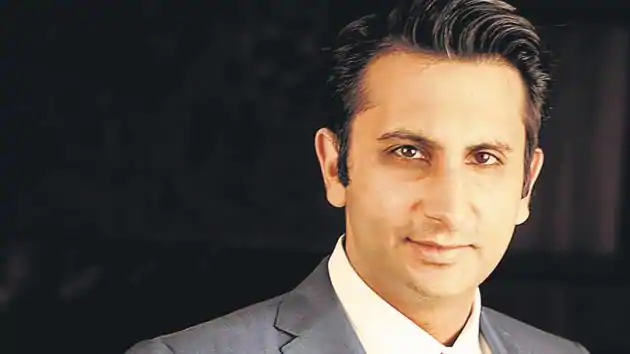India: World's Vaccine Capital
- Editor OGN Daily
- Jan 26, 2021
- 3 min read
The tale of how an Indian family became the world’s vaccine kings, fighting off stiff competition from some of the world’s biggest companies, is as curious as it is remarkable.

As the world races to vaccinate billions of people against Covid-19, Adar Poonawalla, the 40-year-old scion of India’s Poonawalla pharmaceuticals dynasty has emerged as a key player. As chief executive of Serum Institute of India (SII), the world’s largest vaccine manufacturer by volume, his factory near Mumbai has been running flat out to manufacture 50m doses per month of the AstraZeneca/University of Oxford vaccine.
Founded in 1966 by his now 80-year-old father Cyrus Poonawalla, until recently SII was little known outside India and the highly specialist world of vaccine manufacturing. While Western drug giants have cracked the vaccine technology, the daunting logistical task of physically manufacturing enough doses has fallen to a large extent on the shoulders of SII which has now signed manufacturing deals with five major pharmaceutical companies including Britain’s AstraZeneca and America’s Novavax - and is producing at least 1bn Covid vaccine shots.
Manufacturing vaccines at scale is a highly complex and technically challenging process, requiring rigorous standards and frequent testing. Today, as well as Covid vaccines, the family’s factory produces 1.5bn doses a year of vaccines for use in 170 countries to protect against diseases including polio, measles and influenza. SII claims 65pc of the world’s children receive at least one vaccine produced by it.
When it started in the Sixties, however, it was just a scrappy veterinary clinic on the edge of the family’s stud farm in Pune, India’s eighth biggest city. Cyrus launched SII with a $12,000 investment because he wanted to diversify away from horse-breeding. A meeting with a veterinary doctor encouraged him to settle on vaccines as a potentially lucrative side-business.
There was a logic to the move. Many vaccines must be grown in animal serum, including horse serum, which is used to make shots for diphtheria, tetanus and scarlet fever. With shrewd foresight, Cyrus converted a small veterinary laboratory on the site into a spin-off company. The next 15 years saw steady growth as SII emerged as a key, low-cost supplier for childhood immunisation programmes.
It was in the Eighties, however, that SII hit the big time, when it secured a coveted licence to produce vaccines for the World Health Organisation. That paved the way for huge export contracts supplying polio and other vaccines around the world. SII quickly emerged as a global player, aggressively undercutting Western rivals on price, much as other Indian drug manufacturers have done with generic versions of blockbuster medicines like Crestor and Viagra.
It was a trend that prompted many Western pharmaceutical companies to exit vaccine manufacturing as an increasingly unprofitable business. Since then, a steady flow of investment by SII into cutting edge manufacturing and testing facilities, as well as a partnership with the Bill and Melinda Gates Foundation, has ensured further growth.
To meet demand, over the past year SII has ploughed in £270m of its own cash plus £300m from the Gates Foundation to scale up production, hiring 700 staff and importing equipment.
India aims to inoculate 300m of its 1.36bn people by early August.
The pricing of the Covid vaccines has been a key consideration, although Poonawalla says SII intends to sell at close to the cost of production, at least for the moment. “I could have charged $10 for a vaccine during the pandemic and taken advantage but it is just my conscience,” he says. “If I priced them at $10-$15, Africans and Indians and developing world countries wouldn’t get access.”
The Poonawallas are not exactly strapped for cash. In 2015, the family paid $115m for Mumbai’s Lincoln House, an elegant Art Deco beachfront mansion which had formerly served as the US Consulate in India’s financial capital. It was India’s most expensive residential property purchase – but that wasn’t even the family’s main home.
It may be a while, however, before Poonawalla can sit back and enjoy such comforts. “There is no time to rest for me yet,” he says. “I think for at least another two years. Then I will take a vacation for a couple of months.”
In good news for the UK's battle against Covid-19 and any new variants that rear their ugly heads in the future, Dr Matthew Duchars, chief executive of the Vaccines Manufacturing Innovation Centre (VMIC), revealed the Oxfordshire facility will be capable of producing 70m doses of an emergency vaccine manufactured entirely on British soil. The centre is already helping to manufacture the Oxford vaccine by lending expertise to the AstraZeneca team. More...




